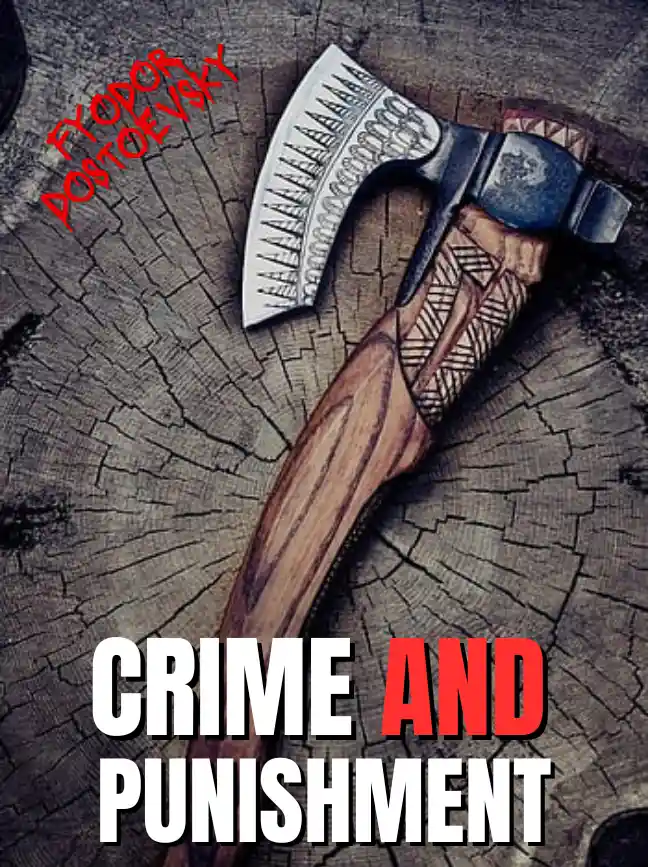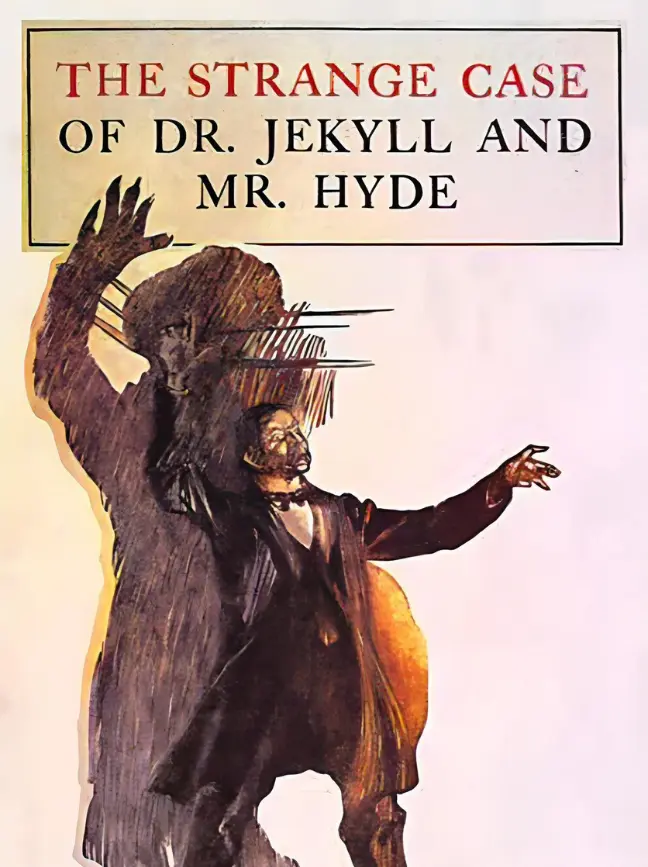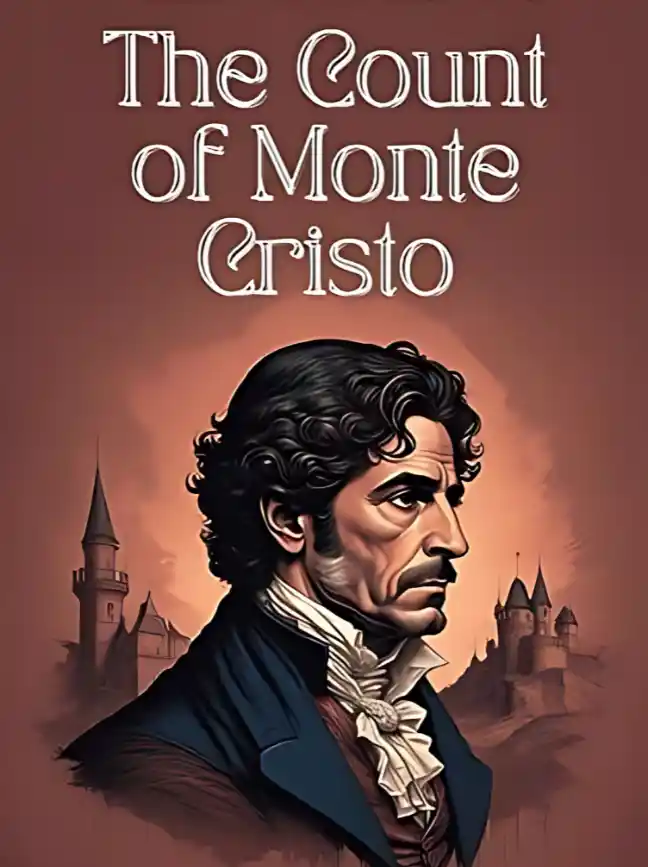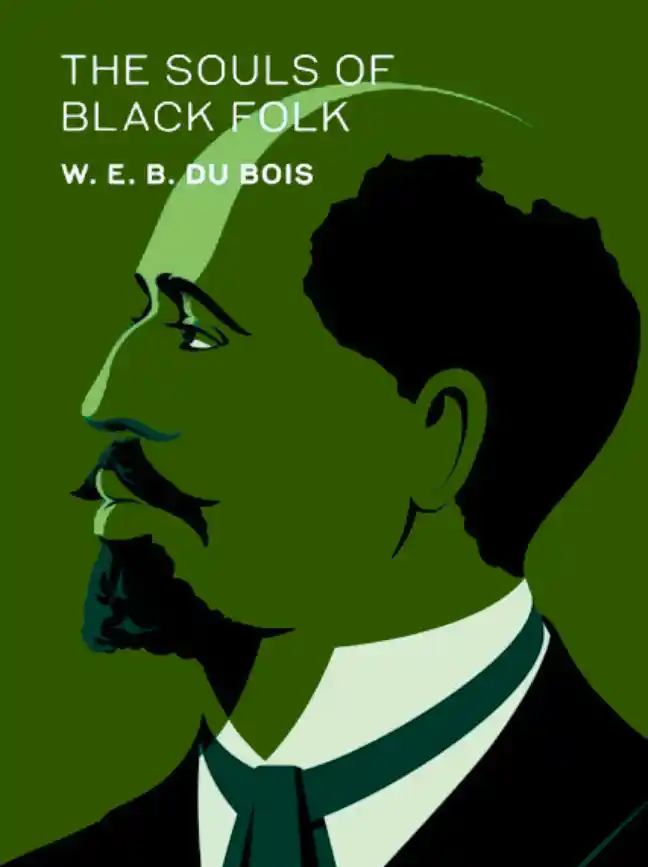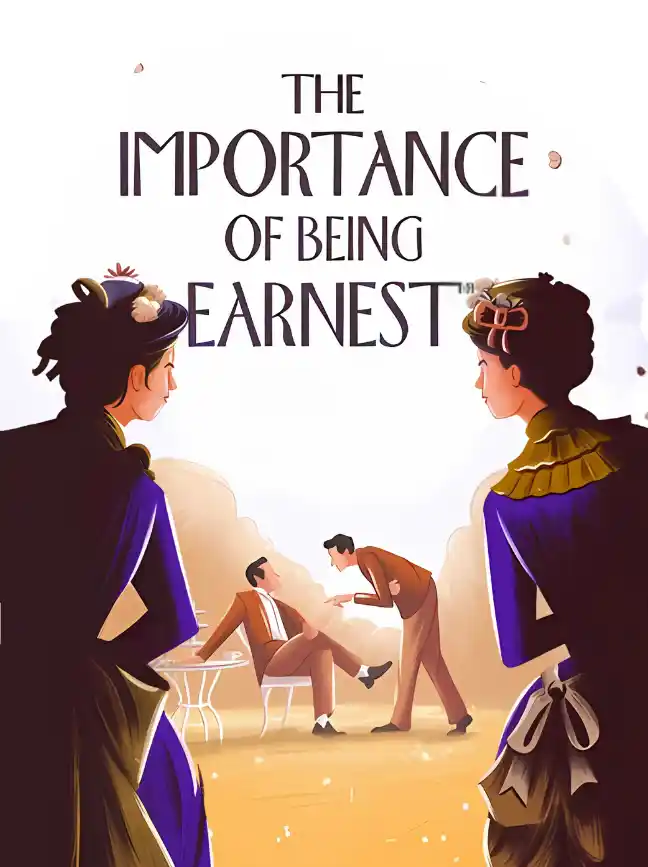I have no desire to see eight people hung or garroted or chopped into bits or whatever other horrible fate the king and his brother will come up with, but Mistress Solomon wants to see the executions, and she expects Karri and I to join her.
“It’s right to see people punished for their crimes,” she says to us. “We could all use a reminder that there are punishments for those who take what they haven’t earned. We have a duty to be grateful for all our rulers do to provide for us.”
I remember my parents, killed for trying to bring more medicine to the people. I consider Mistress Kendall, executed in the street for crying out in her grief, or poor Gillis, who de nitely didn’t deserve to die because his mother was too poor to buy medicine for them both.
I’m not sure what I feel, really, but it de nitely isn’t gratitude.
ere are wagons full of people heading for the gates to the Royal Sector, so Karri and I hitch up our homespun skirts and climb onto the rst one with space available while Mistress Solomon pays an extra coin to sit up front near the driver. We’re pressed together at the back, sharing a bale of hay to sit on, but I don’t mind. e day is overcast and cool, with a hint of mist in the air.
Karri leans close. “Have you seen your sweetheart?” she murmurs. “He’s not one of them, is he?”
I meet her gaze. “No. He’s not.” I remember Wes’s eyes, almost hurt when I said I thought he was caught up with the others from Steel City. “He’s not a smuggler.”
“He’s well, then?”
I think of Weston in the relight, his thumb tracing over my lip like it was something precious, and I press my ngertips to my mouth. I could almost
taste his breath as he said, Not never, Tessa. But not right now.
Karri grins and bumps me with her shoulder. “He’s well.”
I wonder if he’ll be somewhere in the crowd today. He said a lot of the forge workers would likely be in attendance, but whether he meant it in solidarity or in judgment, I couldn’t tell.
Probably just like everyone else ocking to the gates: partly horri ed, partly curious.
Partly relieved, because someone else’s downfall generally means your own isn’t imminent.
I don’t grin back at Karri, because it feels odd to smile while we’re being carted along to watch someone else die. Wes wasn’t among them, but I wonder if he knows them, or if he knows someone close to them. No one in Kandala is a stranger to what happens to smugglers, but always before it’s been one or two, like Wes and me. Never a group.
When the fevers rst began taking lives, it wasn’t long aer King Harristan had come to power, naming his brother, Prince Corrick, as King’s Justice. Father was a true apothecary then, providing real medicines and elixirs, not like the potions and herbs that Mistress Solomon dispenses. He knew how to ease an ache or salve a burn or calm a colicky infant. Mother and Father weren’t anxious about a new king, at least not at rst. King Harristan and his brother were young, but the royal family was loved. We were all shocked by the assassination—and all of Kandala mourned along with the brothers.
at is . . . we all mourned until people began to fall sick and die. Father tried tinctures and poultices and every combination of herbs he could think of, but nothing worked—until a healer in Emberridge discovered that the petals of the Moon ower could reduce the fever and allow the body to heal itself. Within a fortnight, word had spread to all the sectors. Fights broke out over supply of the Moon ower. Raids and thievery became common. Deals were worked in back alleys and shadowed sitting rooms, where gold or weapons or anything of value would be traded for a few days’ doses. Emberridge and Moonlight Plains, the only sectors where the plant grew, quickly hired enforcers to guard their borders, and later they built a wall.
At rst, King Harristan tried to maintain order, but desperate people take desperate actions, and there was never enough medicine to go around. We had people knocking on our door at all hours of the night, begging for
whatever Father could do for them, and I’d mix elixirs and potions and teas in the hope that anything else would work.
Nothing ever did.
Out of desperation, Father found a smuggler who was willing to cut our family in on whatever he stole, provided we gave him half our proceeds from selling the medicines to Father’s patients.
Father would charge half and gave all the money to the thief. He always said it was more important to save everyone we could. at a few extra coins in his pocket wasn’t worth the cost of a few more bodies on the funeral pyre. It was then that he discovered that spreading the medicine among more people would still save lives. He tried to share his records with the king, but there were too many apothecaries, too many theories, too much fear and death and pain. Everyone was afraid to take less.
en King Harristan struck a deal with the Emberridge and Moonlight Plains sectors, using royal funds to provide doses for the people of Kandala, allocated by sector. It wasn’t enough—there was never enough—but it was something.
King Harristan also promised a death sentence for thievery, smuggling, and illegal trade.
His brother, Prince Corrick, the King’s Justice, made good on that promise.
Brutally. Publicly. Horribly.
But it was effective. Within a month, order had been restored. Many people had access to medicine.
Many, but not all.
Father tried to continue helping, Mother at his side.
And then they were caught. Sometimes I wonder if I was lucky that they fought back, that they were executed in the early dawn hours by the night patrol. at they didn’t have to stay in the Hold, waiting to die, knowing their daughter would have to watch.
Lucky.
Karri squeezes my hand. Her gaze has turned pitying. “I nd it upsetting, too,” she whispers.
Not like I do. Her parents never do anything wrong. ey’re almost afraid to take the medicine allotted to them, as if they’re being greedy. But she means well, so I squeeze back.
e gates to the Royal Sector are closed, but a massive wooden stage has been dragged into place before it. I’m too far away to see much detail, but the stage is high enough for everyone to get a good view. Eight armored guards stand in a line, crossbows in hand. At their feet kneel the eight prisoners. ey’re all in muslin tunics, with burlap sacks tied over their heads, so I can’t tell who’s a man and who’s a woman. ey must be bound in place somehow, because two seem slumped, their heads hanging at an odd angle.
I wonder if those two are already dead. One has a stain at the front of the burlap, something soaking into the material. Blood, maybe, or vomit.
I have to look away. My throat is tight.
e road is mobbed with people, and I’ve already lost sight of Mistress Solomon. People mill and churn, and gossip runs high. e emotion of the crowd is overwhelming, pressing against me like something alive.
“Look,” says a man nearby. “at one’s pissed himself.”
I don’t want to look, but my eyes are traitors and they shi to the stage anyway before quickly icking away. e man is right. I wonder how much terror you need to feel before that would happen.
It’s not a hot day, but I feel sweaty and sick.
e burlap is awful. e guards are awful.
e king is awful. e prince is awful.
I want to rush the stage. I want to grab a crossbow. I want to lie in wait and re a bolt right into them both.
It’s a ridiculous thought. I’d be dead before I got anywhere close. I swallow hard, and rage pushes away some of the emotion churning in my gut, replacing it with white-hot fury. It allows me to look up, to lock my gaze on those prisoners.
If they have to die, I can watch it happen. I can remember them. My soul burns with a promise that things will get better. at they have to get better.
I wish Weston were here. I’m better with the medicines, with the dosages and the treatments and our patients, but he’s better in the face of violence and danger. He’s cool and reserved when I’m hot and rattled.
I look around the crowd, at the hundreds of people who’ve gathered, and I think he must be here somewhere. It gives me some comfort. I search the faces around me, looking for the ice blue of his eyes, for the faint freckles I know dust his cheeks below where the mask sits.
Men are everywhere. Blue eyes are common. So are freckles. I close my eyes and whisper a prayer. Oh, Wes. I need you.
He doesn’t appear. But horns blare, and conversation quiets almost immediately. Figures ascend what must be a set of steps on the opposite side of the stage: more guards, these with armor trimmed in purple and blue, signifying them as members of the palace guard. One carries a staff; the other carries the ag of Kandala, a panel of blue and purple split diagonally, with a lion encircled in white sitting directly in the center. ey’re followed by two more guards who are heavily armed.
en King Harristan appears, though as usual, he’s too far for me to see much more than dark hair, booted feet, and a long black jacket that nearly reaches his knees. A silver crown sits on his head, glinting in the sunlight.
A herald calls out, “His Majesty, the highly esteemed King Harristan.”
For a moment, I can see more clearly, because people are dropping to a knee, and Karri is pulling at my hand.
I don’t want to kneel to him. I want to spit at him.
I imagine what Wes would say. Mind your mettle, Tessa. My knee hits the cobblestone of the roadway. Karri squeezes my hand again.
“Rise,” says King Harristan, and his voice is loud and clear. It’s all he says, before stepping back to stand between his guards. He’s probably bored. Irritated that this bothersome little execution is taking him away from a game of chess or a luxurious bath or whatever ridiculous diversions he enjoys while the rest of us are out here in the sectors, trying to survive.
We rise. I can taste bile in my throat. I focus on not breaking Karri’s
ngers with my right hand. e ngernails of my le hand are cutting into my palm.
Another man arrives on the stage. His hair is lighter than his brother’s, more red than brown, but from here, his eyes are shadowed and dark, unreadable. He also wears boots and a long jacket, but no crown sits on his head. He doesn’t need one. He wears his role like a mantle, some kind of invisible weight that clings to his frame, echoed in every step. is is Prince Corrick, the King’s Justice. He’s not usually the one to swing the blade or light the re or draw the arrow, but he’s the one to give the order to kill. e executioner.
“ey’re very handsome, don’t you think?” whispers Karri. NO, I DO NOT THINK.
“ey’re horrible,” I whisper.
Her head whips around, and I watch as her eyes ick from face to face to see if anyone heard. “Tessa.”
I swallow and refuse to take it back.
Aer the herald announces him, Prince Corrick moves to stand parallel to the prisoners. His voice is cold and carries an edge. “You have been charged with smuggling and—”
“Don’t let them do this!” one of the prisoners yells. It’s a man’s voice, but it takes me a moment to gure out which one has cried out. “ere are hundreds of you! ousands! e Benefactors will get you medicine! Don’t let them do this!”
Beside me, Karri goes rigid. e guard behind the shouting prisoner cracks him on the back of the head, and the prisoner sprawls face- rst onto the stage, his hands bound behind his back. He doesn’t stop yelling. “Rise up!” he shouts. “Rebel! Don’t you see what they’re doing? Don’t you—”
e guard res his crossbow. I’m too far to hear the impact, but the body jerks and goes still. e crowd sucks in a gasp.
Another prisoner takes up the shouting. is time it’s a woman’s voice. “You can stop this! Listen to the Benefactors! You can stop this! You can—”
e guard hits her next, and she goes skidding forward onto the wood of the stage. e other prisoners have started shouting, too, cries for rebellion, for de ance.
No one cries for mercy.
A man shouts from somewhere in the crowd. “ey’re just trying to survive!” A woman yells, “We need their medicine!” More shouts join theirs until the crowd begins to shi, and it’s impossible to know where all the cries come from. Karri and I are shoved apart as people begin to surge forward.
“Fight them!” rages the woman on the stage. “Fight back!”
Another guard res his crossbow. Her body jerks like the man’s did, but it must not have been a killing blow because she begins using her legs to shove her body forward. e other prisoners must sense an opening, because the others are ghting their bonds, struggling forward on the stage—at the same time as citizens are storming forward. e sound has surged into a roar of angry shouts and panicked cries as people are jostled and shoved. An elbow catches me in the temple, and then a shoulder drives into my rib cage. I’ve
completely lost sight of Karri. Guards have taken the stage now, blocking the king and his brother from view—if they’re still there at all. Crossbows re wildly, but the prisoners were right: there are maybe two dozen guards on the stage, and there are hundreds of citizens.
A man barrels through the crowd, and I’m knocked aside. I feel myself falling, and I try to nd purchase, but there’s nothing. A booted foot catches my jaw, and I taste blood. Another steps on my leg.
en a hand has a hold of mine, surprising strength in its grip. Wes, I think.
But no, it’s Karri. She pulls me to my feet, then pulls me back, away from the stage. Her lip is bleeding. Tears glisten in her eyes. “We have to get out of here.”
She doesn’t need to tell me twice.

